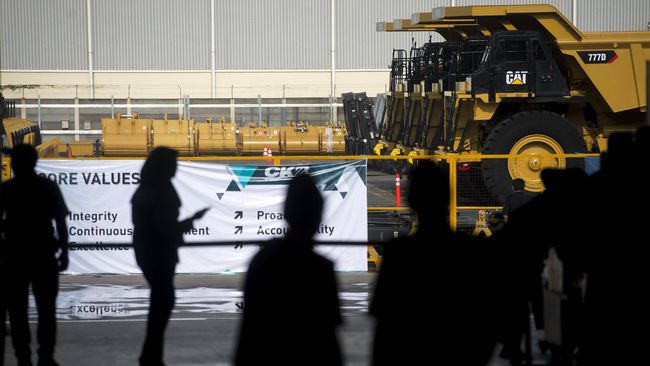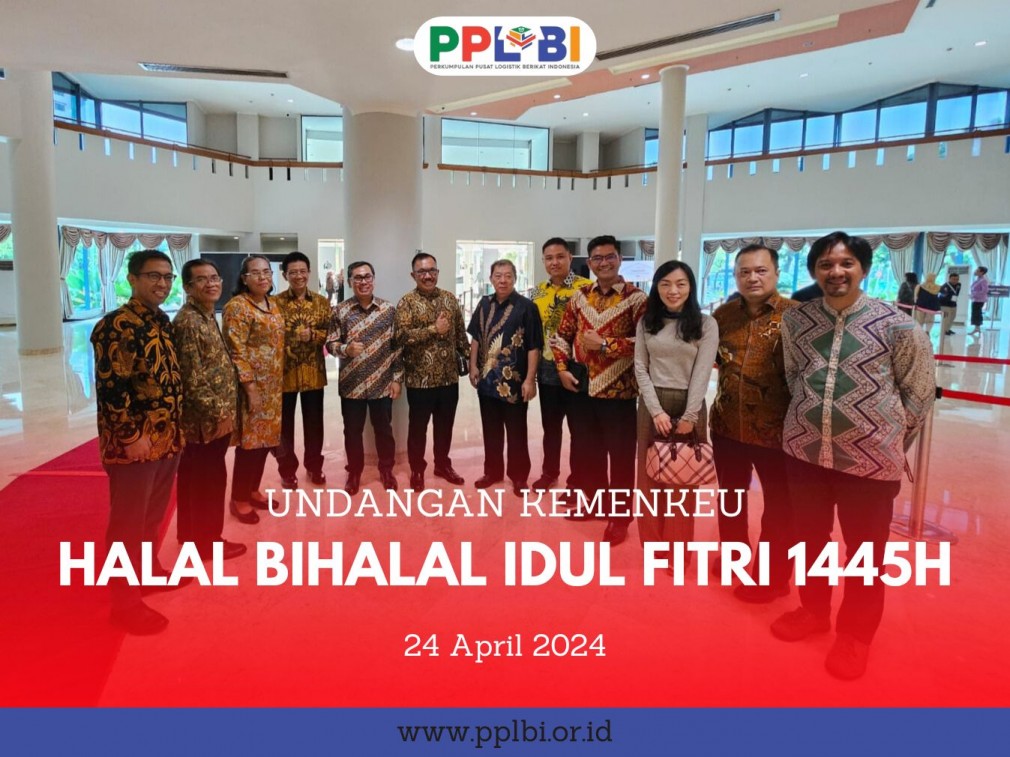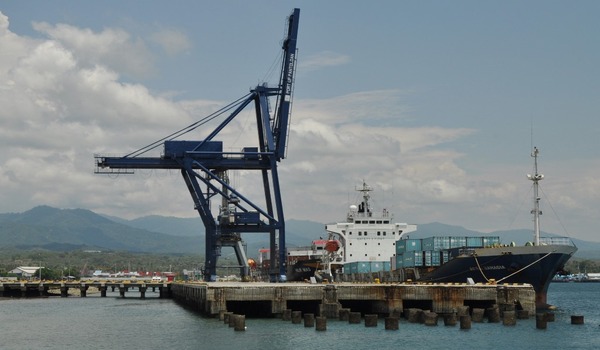Jakarta, CNN Indonesia -- The Ministry of Finance plans to establish a Bonded Logistics Center (PLB) for finished goods which have been transiting through Singapore. In the initial phase, the PLB will be built specifically for alcoholic beverages.
Director General of Customs and Excise of the Ministry of Finance Heru Pambudi stated that foreign alcoholic beverage distributors have been stockpiling their goods in large batches in Singapore due to perceived lower storage costs.
Following this, Indonesian distributors take alcoholic beverages from Singapore in small batches for domestic distribution.
According to him, this practice increases logistics costs for alcoholic beverages. Therefore, he hopes foreign main distributors of alcoholic beverages will stockpile their goods in Indonesia once this PLB is implemented.
Because when the PLB becomes operational, imported goods will be granted import duty deferrals, exempted from Import-Related Taxes (PDRI), and free from excise duties under Government Regulation No. 85 of 2015.
"Meanwhile, this PLB will have centralized supervision, so we can monitor it. For finished goods category, we want to prioritize alcoholic beverages first to shift the hub from Singapore," Heru explained at the Ministry of Finance on Monday (2/4).
The Indonesian Alcoholic Beverage Importers and Distributors Association (APIDMI) is reportedly ready to manage this PLB facility.
"And this starts just with alcoholic beverages, though it's possible to expand to other finished goods later. But of course that would require recommendations from relevant technical ministries," he added.
Commodity Exchange Logistics Center
Beyond alcoholic beverages, the Ministry of Finance also plans to create PLBs for exchange-traded commodities like tin, coffee, and rubber. For tin specifically, the government also aims to relocate the commodity exchange seat from Singapore to Indonesia.
According to Heru, the government is 'frustrated' because Indonesian tin exported to Singapore ultimately gets re-imported back to Indonesia. This happens because traders want to avoid multiple Value Added Taxes (VAT), preferring to trade tin in Singapore.
He illustrated that if tin is traded domestically five times, it incurs VAT five times. The same doesn't apply in Singapore's tin commodity exchange.
"This is why with the new principle, when local goods enter the PLB they're considered export goods, so no matter how many commodity exchange transactions occur within, the tin won't be subject to domestic VAT. We hope this will attract commodity exchanges," said Heru.
The tin exchange PLB is planned to be in Bangka Belitung Province, where Indonesia's tin mining is concentrated. By relocating the exchange domestically, he believes Indonesia could achieve annual tin logistics efficiency worth Rp230.6 billion.
"Currently, we've only designated tin, coffee, and rubber for commodity products," he explained.
PLBs for finished goods and commodity exchanges form part of PLB benefit expansions. While previously reserved for industrial capital goods and raw materials, PLBs will now be available to Small and Medium Industries (IKM), e-commerce, finished goods, basic commodities, cold storage, air cargo, commodity exchanges, and large industries.



